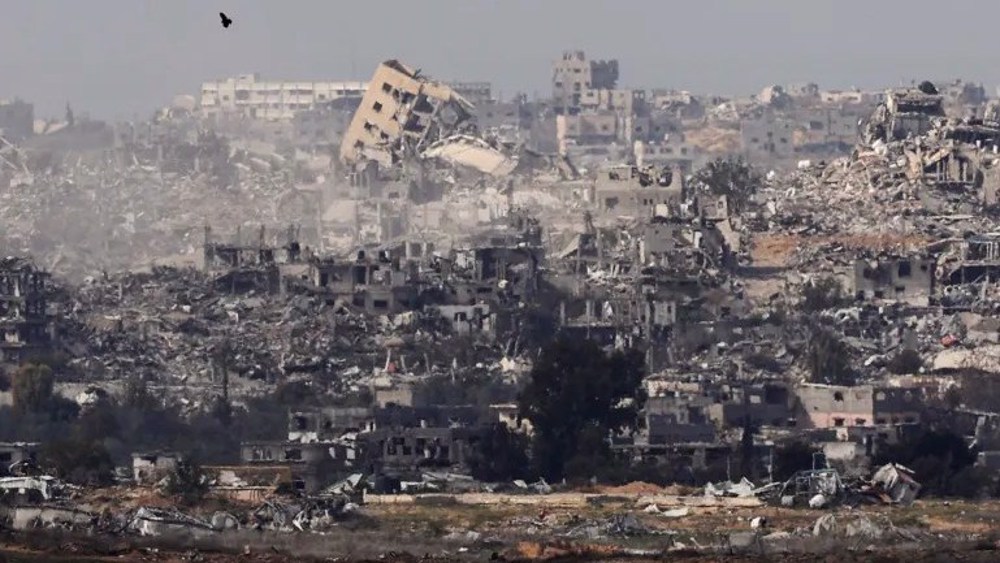Cost-of-living crisis hits Israelis as genocidal war costs skyrocket: US media
The heavy toll of Israel’s war on Gaza has left Israelis struggling with the cost-of-living squeeze, amid increased taxes and austerity measures, a new report by an American news outlet says.
Bloomberg reported that Israelis “face a 40-billion-shekel ($11-billion) war bill”, this year.
Last year, Israel borrowed over 260 billion shekels in international and domestic markets, almost a record for the entity. That sent its budget deficit soaring to 7.7% of gross domestic product.
Amid a target deficit of around 4.5% for 2025 and efforts to bolster the Israeli administration's finances through the increase in taxes and other fiscal measures, the report said life in the occupied territories will be even costlier.
The cost-of-living squeeze has caused widespread concern among households over how much harder things are getting.
Sharon Levin, a spokeswoman for Pa’amonim, a non-profit organization that provides guidance to households, said “Over the past weeks, the number of families approaching us has more than doubled.”
“It will cost us more than 17,000 shekels a year,” Adi Einbinder, a working mother of three with a husband in hi-tech, said on a recent radio show.
At 40 years old, Einbinder added, she and her husband are forced to lean on their parents. “We’re supposed to be helping them right now. We feel trampled.”
The report warned that more taxes, including a 1% rise in value-added tax, less disposable income and higher food, water and electricity bills “will likely deepen social and political divides.”
As the austerity measures start to bite, the report said more skilled Israeli workers may opt to leave the occupied Palestinian territories. The numbers of those emigrating have doubled in the past two years, according to official data.
Israel’s war on Gaza and the ensuing multi-front conflict with regional resistance forces harmed Israel’s $525 billion economy, the report said, as “construction and tourism have slumped and almost all industries have experienced labor shortages with so many people being called up for reserve duty.”
It is estimated "that GDP rose just 0.4% last year, making Israel one of the slowing-growing developed economies.”
Still, Bloomberg said the regime’s “military spending is on a long-term upward trajectory”, with Tel Aviv planning to increase the military budget by an estimated annual minimum of 20 billion shekels, 1% of gross domestic product, over a decade.
Israel launched a genocidal war on Gaza on October 7, 2023 after the Palestinian resistance movement Hamas waged the surprise Operation Al-Aqsa Flood against the occupying entity in response to the Israeli regime's decades-long campaign of bloodletting and devastation against Palestinians.
The regime’s bloody onslaught on Gaza has so far killed at least 45,805 Palestinians, mostly women and children, and injured more than 109,064 others. Thousands more are also missing and presumed dead under rubble.
US university fires Iranian professor over support for Iran, Palestine
VIDEO | Anti-Trump activists deliver ‘people’s indictment’ at White House
EU’s tampering with Russian assets is ‘theft’ no matter how it’s framed: Moscow
Israeli army kills Palestinian teen during northern West Bank raid
VIDEO | Two killed, nine wounded in mass shooting at Brown University
VIDEO | Germany considers Tunisia for migrant 'return center' plans
VIDEO | UK protesters show solidarity with Palestinians at Christmas
VIDEO | UK digital ID cards spark debate over immigration control, security














 This makes it easy to access the Press TV website
This makes it easy to access the Press TV website